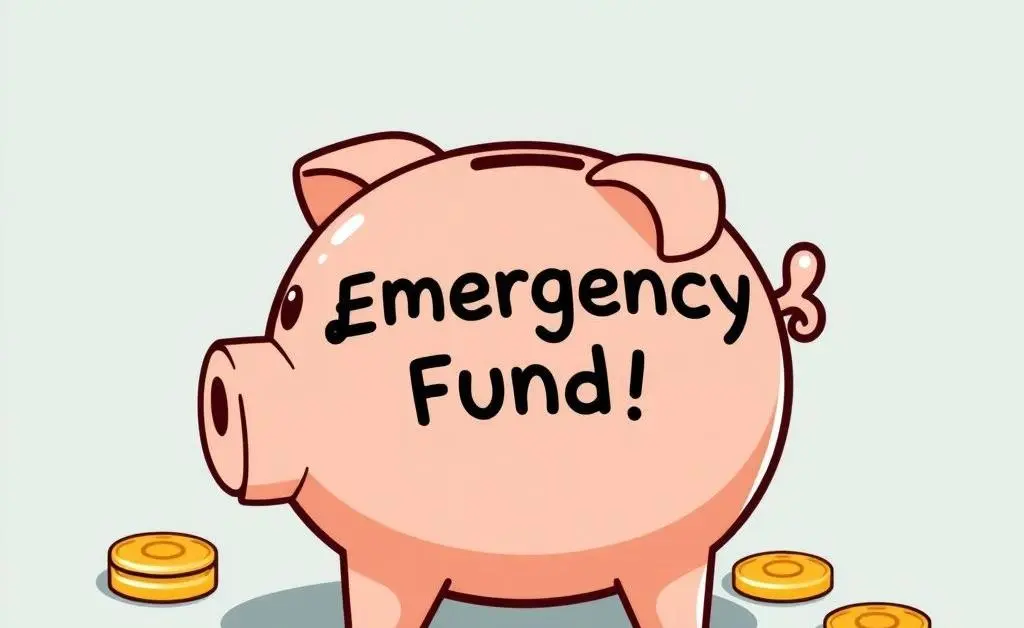Navigating Your Finances After Job Loss: A Personal Guide to Financial Resilience
Discover practical steps to manage your finances smoothly after a layoff.

Losing a job is never easy. In the blink of an eye, you find yourself grappling not just with career uncertainty, but with the immediate financial concerns that follow. It's a situation I've faced myself, and today I want to share some insights that can help navigate these choppy waters with a touch of calmness and clarity.
Building a Financial Cushion
First things first, let's talk about the importance of having a solid financial cushion. It's often advised to have three to six months' worth of living expenses saved up. If you haven't managed to set this up yet, don't worry—you’re not alone. It’s never too late to start. Creating an emergency fund, no matter how small, provides a layer of security during transitions. Each little deposit builds a stronger foundation.

Evaluating and Adjusting Your Budget
Now, onto budgeting. This isn't about deprivation; it's about prioritization. Look at your monthly expenditures and categorize them. Essentials such as rent, groceries, and utilities are at the top of the list. Identify areas to scale back—maybe it's a streaming service you're not really using or those frequent takeout meals. Gradually, you'll streamline your expenses to fit your new circumstances.
Exploring New Income Opportunities
While cutting costs is crucial, enhancing your income is equally important. Consider exploring part-time work, freelance gigs, or a side hustle that aligns with your skills. This can offer not just financial relief, but a rewarding way to keep your professional juices flowing. Who knows? You might discover a passion you hadn't tapped into before.

Mindful Investment Strategies
For those with existing investments, it’s a time to re-evaluate rather than panic. Markets fluctuate; that’s their nature. Stay informed but avoid making rash decisions driven by fear. Consider consulting with a financial advisor to ensure your investment strategies are aligned with your long-term goals. A calm, informed approach often yields the best results.

Staying Mentally and Emotionally Resilient
Through all these financial adjustments, it’s essential to check in with yourself emotionally. Job loss is a significant life change, and it’s okay to feel a mix of emotions. Find solace in routines, whether that’s a morning cup of coffee or daily walks. Lean on your support network. Sometimes, talking things through with friends brings not only comfort but unexpected advice and new perspectives.
To wrap it up, know that you’re not in this alone. Many have stood where you stand right now and have walked this path successfully. Your resilience is your greatest asset. Breathe, plan, adjust, and step forward. Each day brings a fresh opportunity to strengthen your journey to financial stability and personal growth.




